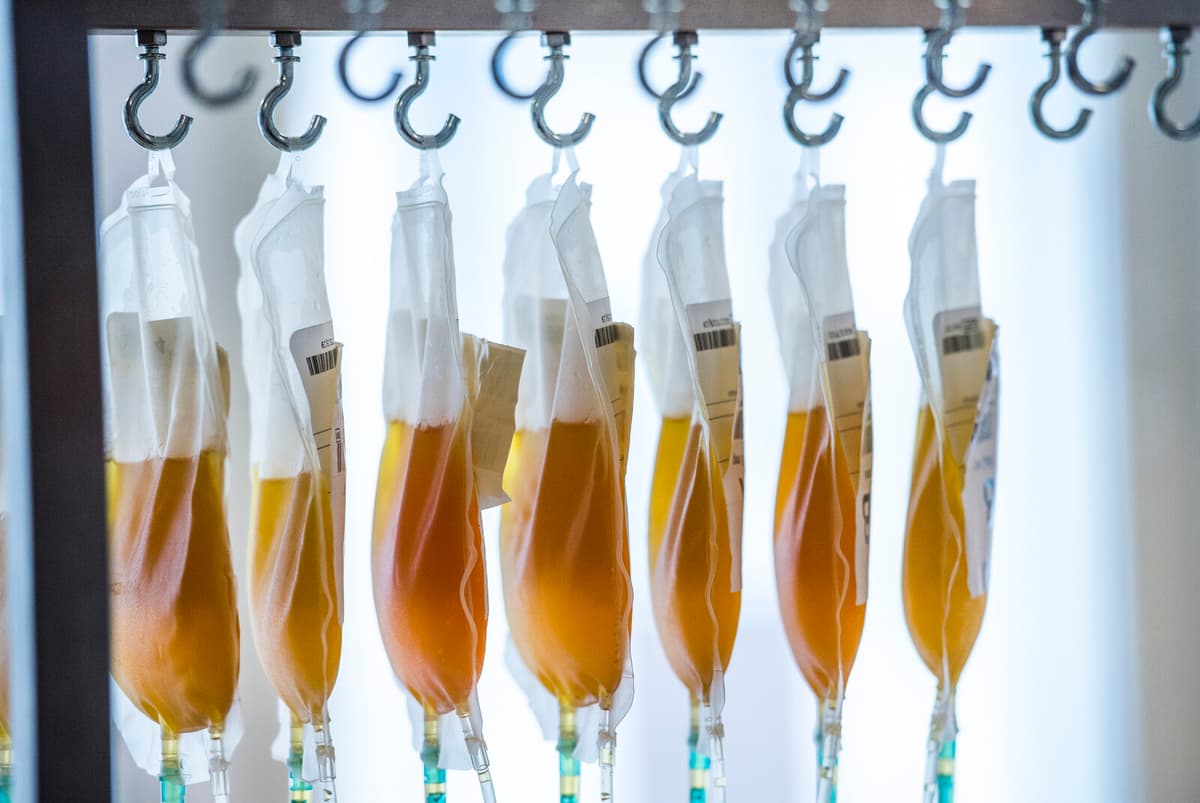Blood plasma is needed to manufacture life-saving medicines, but the blood plasma collected in Sweden today only covers the needs of healthcare, not the production of medicines.
For example, today's plasma collection only covers about 20 percent of what is needed in the production of immunoglobulin.
"This is, of course, a major vulnerability - both for healthcare in peacetime and for preparedness in crisis or war," says Anna Aldehag, unit manager for the National Donation Centre at the National Board of Health and Welfare, in a press release.
Therefore, the National Board of Health and Welfare and the Medical Products Agency propose a separate national organization for the collection of both blood and plasma. This would provide better coordination and safer emergency stocks, according to the investigation.
It also requires an expansion of plasmapheresis, the method where only plasma is tapped and the red blood cells are returned to the donor.
Certain measures are proposed to be taken directly, for example, information efforts and better incentives for donors by making it possible to donate during working hours.






